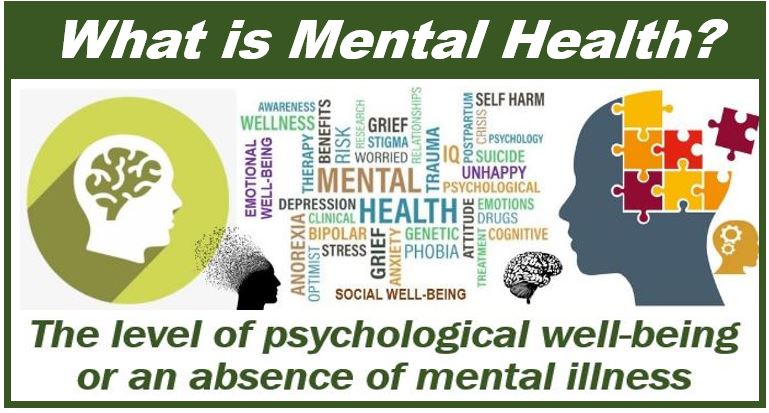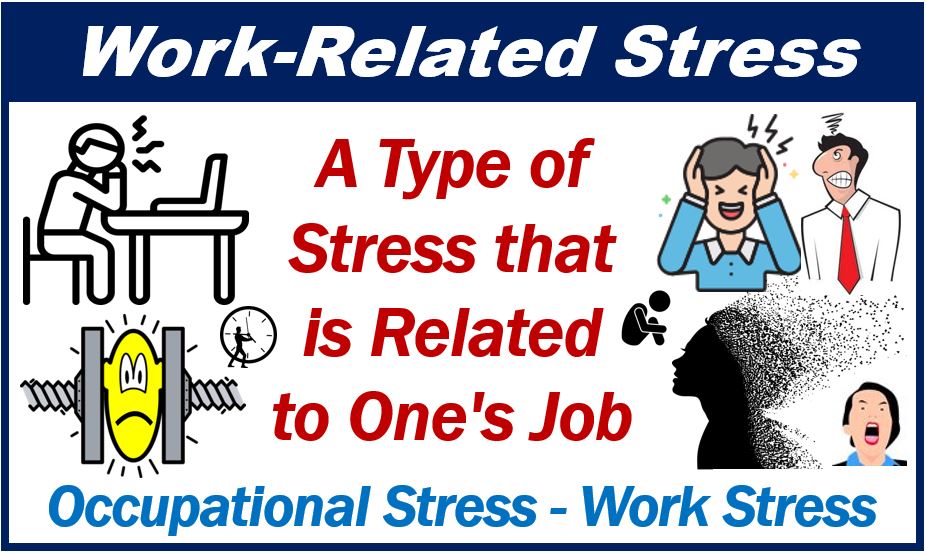Mental illness causes mild to severe disturbances in thought and/or behavior, resulting in your employees’ inability to cope with the workplace and life’s ordinary demands and routines. For a business, this can be a very serious problem because, once the productivity of any employee is affected, your organization feels the impact in terms of ROI.

Many forms of mental illness
Studies have revealed that there are more than 200 identified forms of mental illness. The commonest among these mental disorders include depression, anxiety, borderline personality disorder, and PTSD.
The outward symptoms an employee who has a mental disorder may show include changes in mood, personality, personal habits, and social withdrawal.
Mental health disorders rank very high as health concerns in the United States. In fact, mental illness is common and widespread and cuts across regions, countries, color, gender, and status.
Mental health problems are relatively common
A survey by the Centers for Disease Control and Prevention (CDC) in 2016, concluded that nearly 1 in 5 US adults aged 18 or older (18.3% or 44.7 million people) reported a case of mental illness. The survey also revealed that 71% of adults reported at least one symptom of stress, such as a headache, feeling overwhelmed, or being anxious.
This gives credence to the findings of Mind Diagnostics, that an estimated 54 million Americans suffer from some form of mental illness in a given year. The onset of mental health problems could emanate from excessive stress due to a particular situation or an aggregate of occurrences.
Just as is the case with cancer, diabetes, and heart disease, mental illnesses can be physical, emotional, and psychological. These disorders may also be caused by a reaction to environmental stresses, genetic factors, biochemical imbalances, or a combination of these.
Risk factors for mental disorder in the workplace
The working environment has a lot of risk factors that can eventually lead to employees breaking down and suffering mental illness. The risks could arise from interactions between employees and their types of work, the organizational and managerial environment, shortcomings in the skills and competencies of employees, and the assistance you avail to employees to comfortably carry out their work.
You may have a skilled employee who will ordinarily carry out any assignment successfully given a conducive environment, but for lack of resources, won’t be able to do so. There are also instances where managerial or organizational practices will constitute a stumbling block in an employee’s attempt to be innovative and showcase ingenuity.
Risks that could lead to mental health problems include:
- inadequate health and safety policies;
- poor communication and management practices;
- poor contribution in decision-making or weak control over an employee’s area of work;
- lack of support for employees;
- rigidity in working hours; and
- unclear tasks or organizational objectives.
Type of job
The nature of the job content can also pose risks to employees’ mental health, especially where their competencies are in doubt or where they have a schedule of a high and unrelenting workload. There are certain jobs such as first responders and humanitarian workers that come with higher personal risk factors.
These types of jobs can lead to psychological breakdowns with the attendant mental health problems. Employees handling these jobs may randomly find themselves indulging in excesses such as harmful use of alcohol or psychoactive drugs.
Lack of social support
There is a high possibility of the risk increasing in instances where you don’t have understanding and cohesion in the team or if there is little or no social support. There could be disturbing cases of bullying and psychological harassment among the employees themselves which may also lead to work-related stress.

These unfortunate situations portend risks and grave danger to the mental health of the overall working force and present risks to the health of workers. They are precursors to breakdowns, psychological, and physical problems.
Productivity and other business components may suffer
If not properly handled, you may end up having problems bordering on reduced productivity and increased staff turnover. There could also be spillover effects on the employee’s family as well as social interactions.
All hope is not, however, lost with proper care and treatment, employees can learn how to cope.
Reducing the risk of mental health problems
What do you do to mitigate mental health disorders among your employees in your organization?
Conflicts do occur especially where there are issues of unresolved aggression, it’s your duty to ensure that nobody tends towards superiority or inferiority complexes. Asides from these, some other ways you can checkmate problems boomeranging into mental health issues include:
- Ensuring that mental health self-assessment tools are readily available to all employees.
- Create an opportunity for employees to easily access free or subsidized clinical screenings as and when due to qualified mental health professionals, that must be followed by directed feedback and clinical referral when appropriate.
- Provide health insurance schemes for employees with little or no out-of-pocket costs for depression medications and mental health counseling.
- Enhance free or subsidized lifestyle coaching, counseling, or self-stress-management programs.
- Create awareness to all employees about the signs and symptoms of poor mental health and opportunities for treatment.
- Encourage employees to attend seminars, symposia, or workshops that address depression and stress management techniques, to help them reduce anxiety and stress and improve focus and motivation.
- Enhance quiet spaces for employees to carry out relaxation activities.
- Managers should be equipped technically to be able to recognize the signs and symptoms of stress and depression in team members and encourage them to seek help from qualified mental health professionals.
- Employees should be carried along when issues that affect job stress are to be discussed at board meetings.

